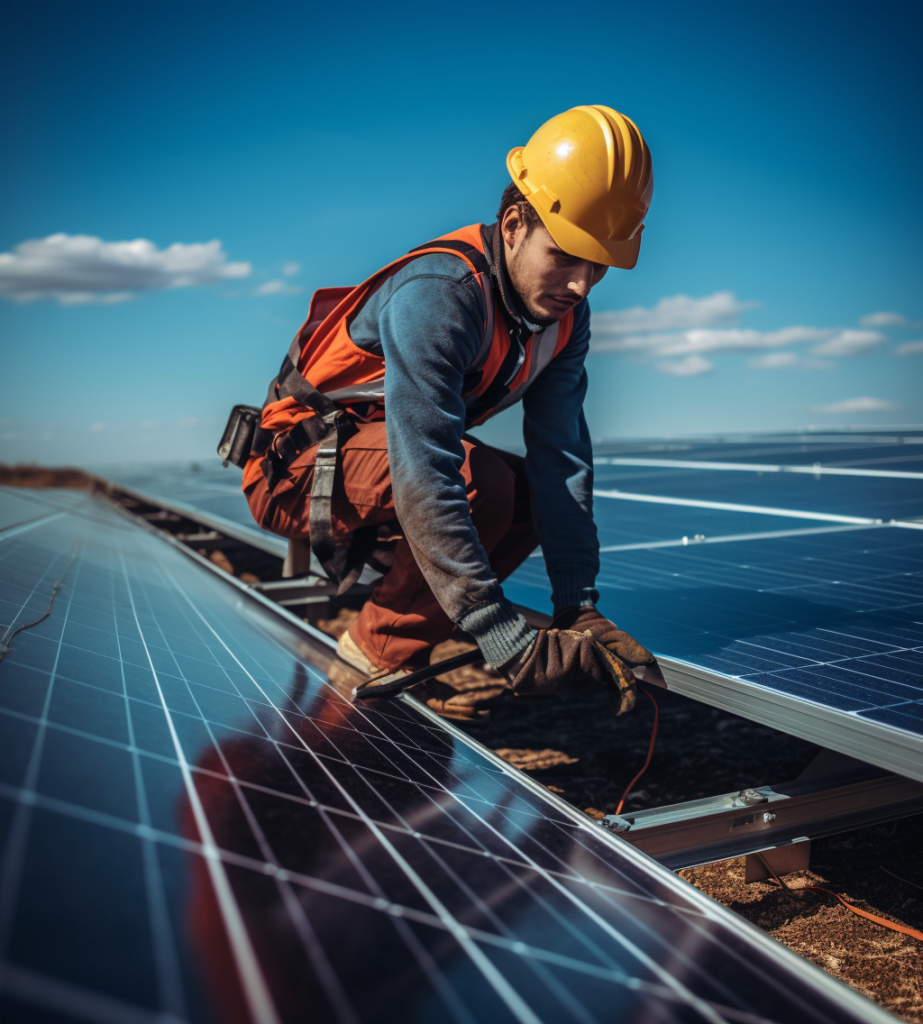Landlords and Homeowners
GBIS, ECO4 and Boiler upgrade scheme installers - GovGreenGrant
Don’t waste Your Money on bills, Upgrade to energy-saving solutions!

Energy Efficiency Experts
In light of the ongoing cost of living crisis, energy efficiency has become a priority for many homeowners and businesses. Our passion for energy-efficient solutions is reflected in every project we undertake, ensuring long-term savings for our customers. We specialize in property management, property improvement, and the construction industry, with an unmatched focus on housing and sustainability.
Tailored Services for Homeowners and Landlords
Our extensive knowledge in housing and property management allows us to deliver bespoke, high-quality services for both homeowners and landlords managing multiple properties. We pride ourselves on providing first-rate service and account management, making us a trusted partner for clients seeking energy efficiency solutions.
Whether you own a single home or manage hundreds of properties, we’re here to offer energy-efficient improvements that not only enhance your property’s value but also reduce energy costs.
Smart Heating Controls
Smart heating controls are thermostatic devices connected wirelessly to your heating systems. These controls allow you to manage your heating remotely through a smartphone, tablet, or other internet-connected devices. By giving you greater control over your heating system, smart heating controls help save money on heating bills and improve energy efficiency.
First-Time Central Heating
First-time central heating grants are available for properties that have never had a central heating system installed. Eligible homeowners or tenants can receive central heating systems, including boilers, radiators, pipework, and smart heating control systems. These grants help provide energy-efficient heating solutions that significantly reduce energy consumption and costs.
Air Source Heat Pumps
An air source heat pump transfers heat from the outside air into water to heat your home via radiators or underfloor heating. These systems can also heat water for showers, baths, and hot taps, making them a highly efficient and eco-friendly heating solution. By installing air source heat pumps, homeowners can enjoy sustainable heating and potentially reduce their energy bills.
Flat Roof Insulation
Installing flat roof insulation can save you as much on your heating bills as loft insulation. A layer of rigid insulation board is added either on top of the roof’s weatherproof layer or directly on the timber surface. This improves heat retention, making your home more energy efficient and cutting heating costs.
Solar PV (Photovoltaics)
Solar PV panels capture sunlight and convert it into electricity that you can use in your home. Installing solar electricity panels allows you to generate your own renewable energy. Through the Smart Export Guarantee (SEG), you can be paid for the excess electricity you generate and feed into the grid, providing a potential revenue stream. This system replaces the older Feed-in Tariff (FIT) scheme.
Internal Wall Insulation
Internal wall insulation can significantly reduce heat loss and cut heating costs. By insulating your walls, you enhance your home’s thermal efficiency, making it more comfortable while lowering energy bills.
Loft Insulation
Up to 25% of heat can be lost through the roof of an uninsulated home. Installing loft insulation is one of the most effective ways to lower energy bills and keep your home warm in winter by improving heat retention.
Room in Roof Insulation
Room in roof insulation is designed for homes with rooms in the roof space. This system creates a thermal blanket that traps heat, reducing the energy required to keep your home warm and helping to save money on energy bills.
Electric Storage Heaters
Electric storage heaters store thermal energy by heating internal ceramic bricks during the night and releasing the heat throughout the day. These heaters are a cost-effective solution for homes without mains gas, as they take advantage of off-peak electricity rates to keep your home warm during the day.
The Great British Insulation Scheme
The Great British Insulation Scheme is designed to combat both high energy costs and fuel poverty by enhancing the energy efficiency of homes across Great Britain. By focusing on energy-inefficient homes with the lowest Energy Performance Certificate (EPC) ratings, the scheme aims to provide long-term solutions, particularly for low-income and vulnerable households disproportionately affected by soaring energy bills.
Boiler Upgrade Scheme (BUS)
The Boiler Upgrade Scheme (BUS) is a UK government initiative aimed at reducing carbon emissions by encouraging property owners in England and Wales to replace traditional fossil fuel boilers with low-carbon heating systems. Through the scheme, property owners can receive financial support in the form of BUS grants to help cover the costs of installing more eco-friendly heating options such as air source heat pumps, ground source heat pumps, and biomass boilers.
ECO4 Scheme
A key objective of the ECO scheme is to assist low-income, fuel-poor, and vulnerable households in heating their homes more efficiently. By supporting energy efficiency measures such as improved insulation and energy-saving heating systems, the scheme helps reduce energy usage and lower heating costs for those most affected by rising energy prices. This approach directly contributes to alleviating fuel poverty in Great Britain.





